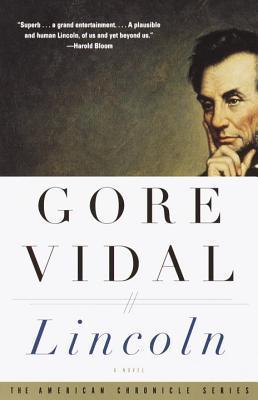What do you think?
Rate this book


672 pages, Paperback
First published January 1, 1984







All of the principal characters really existed, and they said and did pretty much what I have them saying and doing, with the exception of the Surratts and David Herold (who really lived and worked at Thompson’s, which was actually closer to New York Avenue than to Pennsylvania Avenue.) As David’s life is largely unknown until Booth’s conspiracy, I have invented a low-life for him.The novel begins a few days before Lincoln's first inauguration and ends with the assassination. There is no barefoot childhood in a log cabin educating himself, for example. There are references by others that his humble life in Illinois may have been exaggerated for political reasons. For example, no photograph of his Illinois mansion was allowed during the campaign.
“And the Union be so restored that no one will ever be able to see the slightest scar from all this great trouble, that will pass now the way a dream does when you wake at last, from a long night���s sleep.”A full 5-stars - if I could make them flashing gold stars, I would do it. I look forward to more in this series.